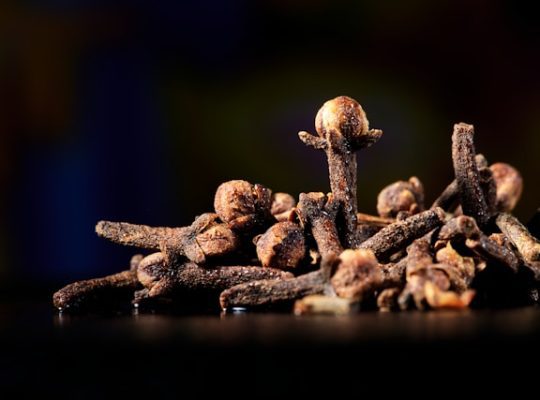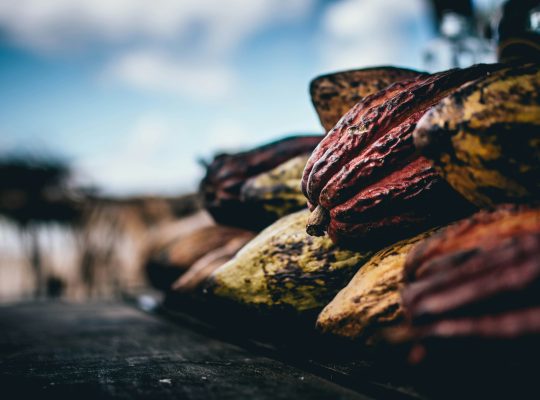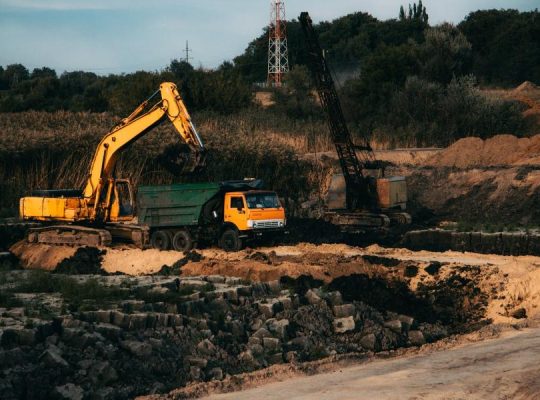In recent months, Indonesia has been purchasing nickel ore from the Philippines at unprecedented levels. These purchases began to surge in April, fueled by a growing demand from smelters in Indonesia. Supply issues within Indonesia, spurred by delays in the issuance of mining quotas and the impact of heavy rains on mining operations, have necessitated these increased imports. According to insiders, the amount of nickel ore Indonesia imported from the Philippines may have reached around 500,000 metric tons in both April and May—figures that are over double the imports of March and also exceed the entire previous year’s imports from the Philippines, which totaled 374,454 tons.
In Indonesia, mining companies are required to regularly apply for mining quotas through documentation that details their operational plans. This year, the process has been complicated by a change that extended the validity of these permits from one year to three years. This, along with outstanding issues such as unpaid royalties by miners, has contributed to the delays in permit issuance.
Tong Tong, a senior analyst at CRU in Shanghai, pointed out that the substantial increase in imports is primarily driven by the heightened demand from smelters, alongside challenges in the local supply of nickel ore due to delays in the approval of mining quotas. The expansion of smelting capacity, much of it under the operation of Chinese companies, has exacerbated the demand for nickel ore in Indonesia. This situation has put a strain on supply, impacting output and supporting the prices of nickel products which are crucial in the manufacture of stainless steel and electric vehicle batteries.
Analysts now believe that the projection for a surplus of nickel products this year may need to be revised downwards. Data from the first quarter shows a 4.9% decrease in Indonesia’s output of nickel pig iron (NPI), a key ingredient in stainless steel production. Consequently, NPI prices in Indonesia have seen a significant rise.
Despite the Indonesian government ramping up approvals for mining quotas in the second quarter, the anticipated volumes have fallen short of expectations, and the approval process continues to be slow. As of now, the government has approved quotas for over 200 million tons of nickel ore for the current year. Tri Winarno, a director at Indonesia’s Energy and Mineral Resources Ministry, assured that the approved amount should be sufficient.
He also mentioned that the imports from the Philippines, provided the prices remain consistent, could help in extending the lifespan of Indonesia’s own nickel reserves. With Indonesia’s nickel ore production standing at 193.5 million tons in 2023 and supply challenges exacerbated by heavy rains disrupting logistics, the current tightness in supply is expected to ease around mid-year as more mining quotas are approved.
This situation underlines the intricate balance of domestic resource management and the global supply chain, especially for a commodity as critical as nickel.


















